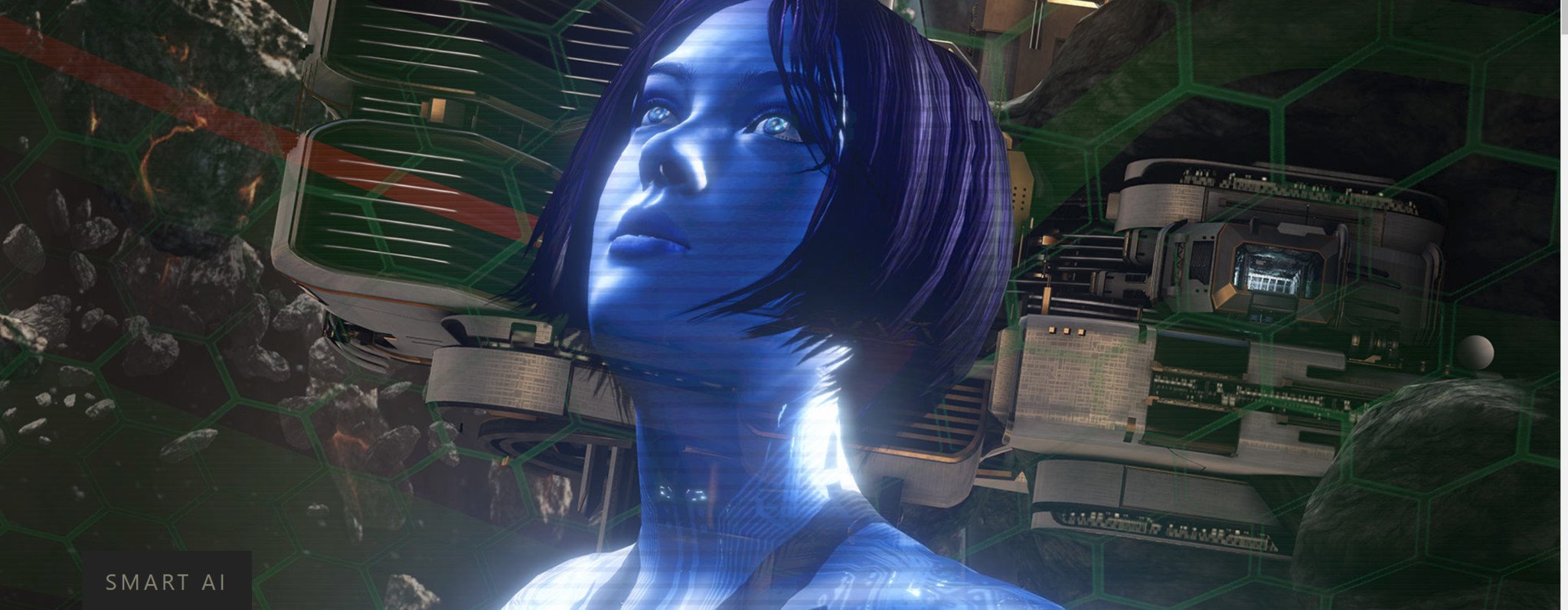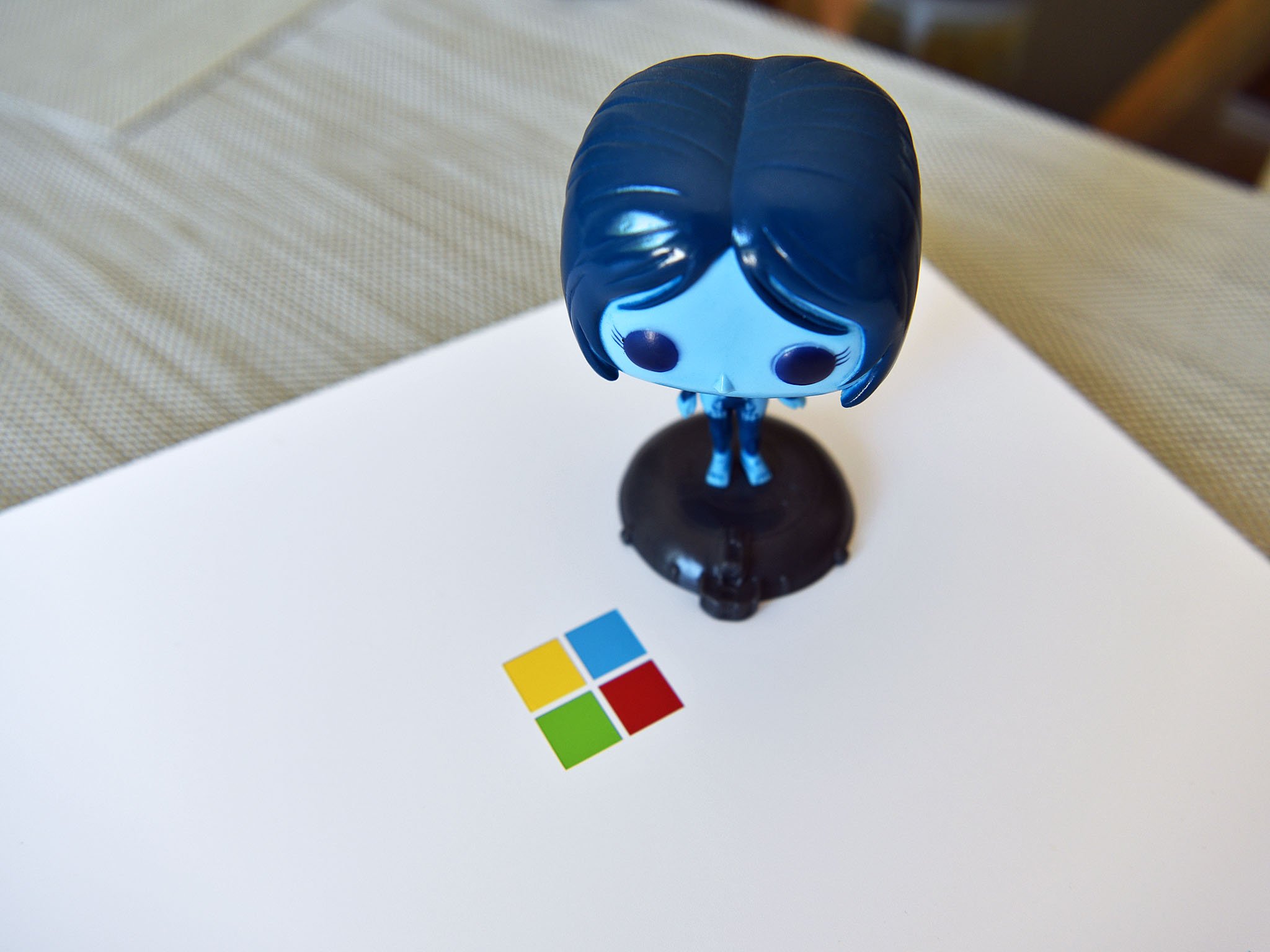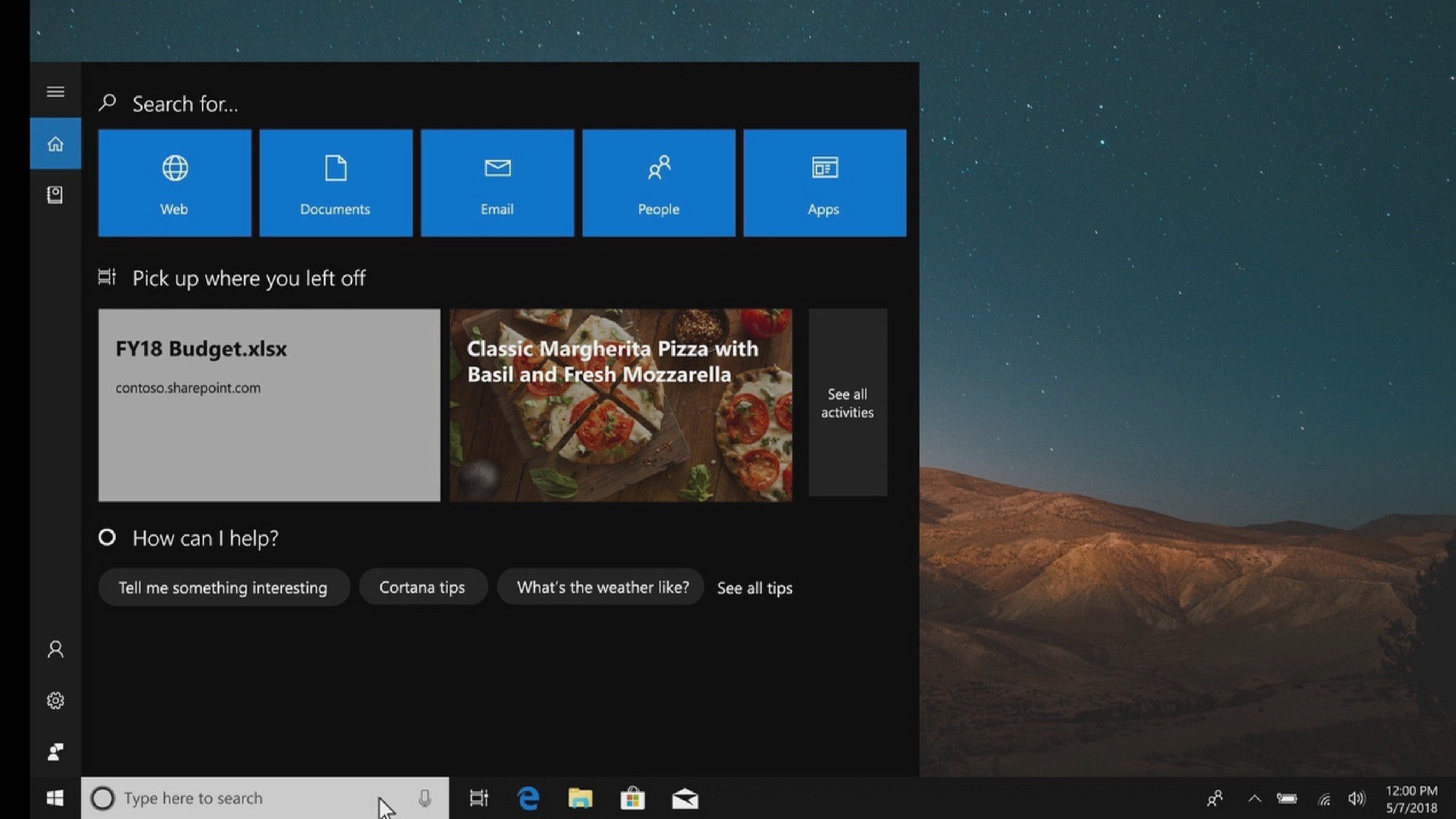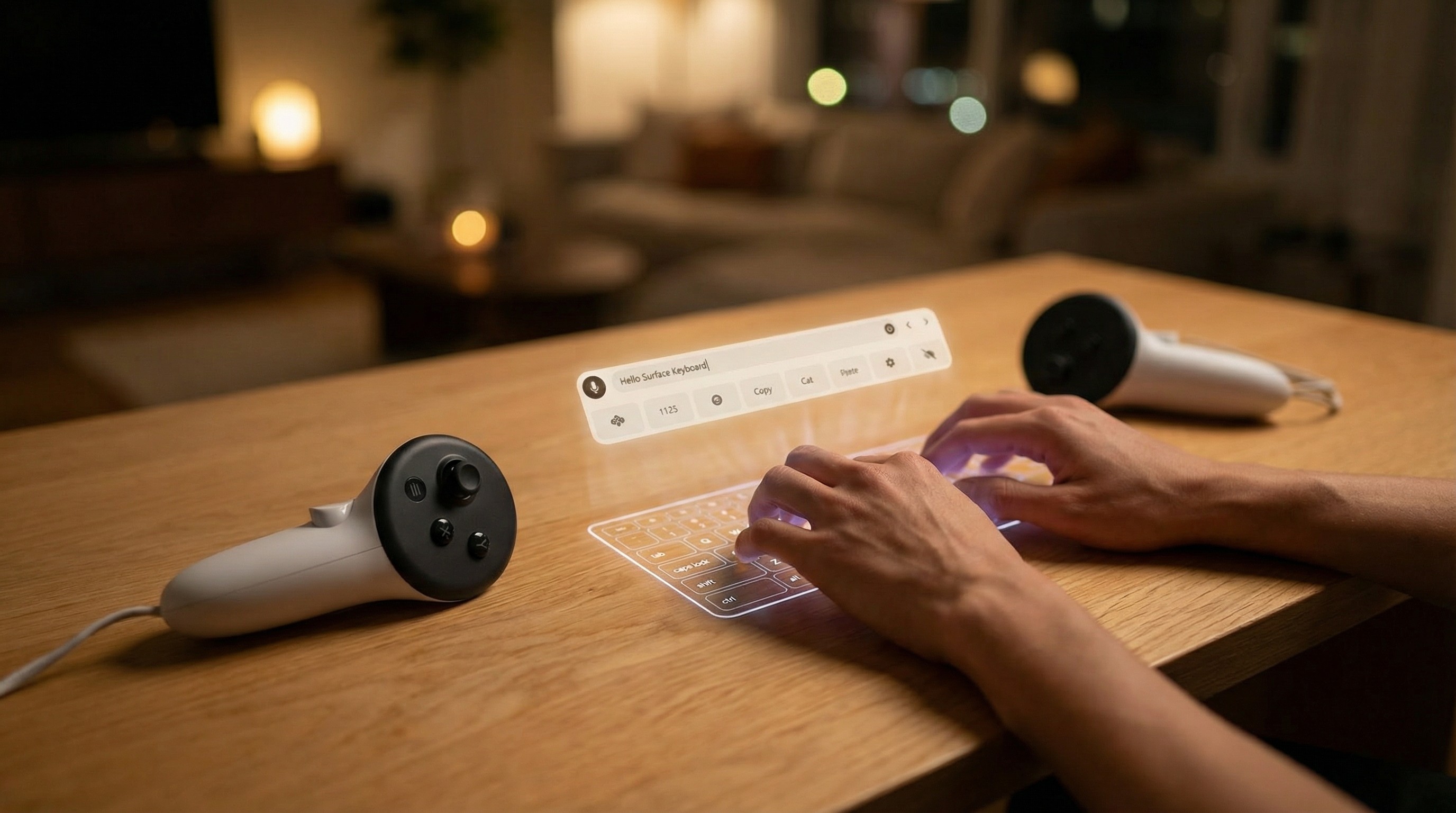Microsoft's Cortana needs be the best enterprise assistant to survive
Microsoft needs to flex its enterprise muscles and make Cortana an absolute beast of an enterprise assistant.


Cortana, Microsoft's beleaguered digital assistant, has gone from what Microsoft said was "the world's most personal digital assistant" to a virtual unknown among consumers.
Contrary to the enterprise-to-consumer dynamic that drove personal computing's early evolution, consumers are now a major industry driver. Consumer-focused smartphones are a nexus and launchpad for today's multifaceted personal computing experiences. Digital assistants, smart homes, augmented reality (AR) platforms, app ecosystems, smart speakers and more are being propelled into the mainstream by mobile platforms.
Without a smartphone, Microsoft is a non-participant in these emerging segments though it has made attempts. Perhaps the lack of a competitive mobile platform, persistent misinterpretation of the consumer market or ineptness in executing its plans, has led to Microsoft's vanishing consumer presence.
Whatever the reason, Cortana, like most of Microsoft's efforts, has been relegated to the enterprise as prospects for her consumer success wane. Today, making "her" the best enterprise assistant may be the only way Microsoft can ensure her survival.
Businesses have their eyes on Cortana
Pindrop, a company founded in 2010 with the goal of bringing "security, identity, and trust to every voice interaction", conducted a study of 500 businesses. The study's results indicate Cortana is the top pick for companies that are planning to implement voice assistants to communicate with customers, beating Amazon's Alexa, Google's Assistant, Apple's Siri and others.
Companies are motivated to embrace voice because they believe it is an important customer satisfaction driver, provides a competitive edge, will improve efficiency and will reduce customer transaction costs. Additionally, two-thirds of businesses plan for digital assistants to manage a majority of customer interactions, while 25 percent will trust them to handle all customer interactions, according to that study. This data reflects a tremendous opportunity for digital assistants in business.
Most companies have historically embraced Microsoft's trusted tools, like Windows and Microsoft 365, as they've considered implementing emerging tech. Thus, long-standing partnerships and the "inertia" of Microsoft-biased business decision-making are likely reflected in companies choosing Cortana over other options.
All the latest news, reviews, and guides for Windows and Xbox diehards.
Cortana, assistant to assistive

I recently wrote about how Microsoft's Corporate Vice President for Cortana, Javier Soltero, said that Microsoft is repositioning Cortana as more of an aim to enhance productivity, rather than a distinct assistant akin to its rivals.
Thus, Microsoft is progressively integrating Cortana throughout its products and services to support facilitating tasks and cross-platform experiences. Consequently, Cortana is becoming more transparent as "part of the process" compared to her highly-visible consumer-focused counterparts.
https://twitter.com/jsoltero/status/1001956302862585856
Still, with limited regional availability and skills outside of the U.S., Cortana's digitally-assistive enterprise focus is Microsoft's attempt to leverage its strengths to save Cortana. Fortunately, Microsoft's decades of enterprise relationships give the company an IT infrastructure advantage over rivals.
Microsoft 365 and Cortana
Thousands of companies use Microsoft 365 products, such as Office and Teams. These tools diligently record who employees are, what they look like, their positions, calendars, locations, individual and group projects and much more. Since Cortana is part of these services, Microsoft's first step in making her the best enterprise assistant is aggressively pushing what she already brings to the table.
For example, Cortana and Microsoft Graph help facilitate cross-device user experiences. And via Timeline, she'll help users pick up where they left across platforms. Microsoft even demonstrated Cortana recognizing and greeting users as they enter a room for a meeting.
Additionally, with intelligent calendar access, she can proactively assist with employee scheduling. She also recognizes when certain files are relevant to a particular context and proactively alerts users to them. This reflects Cortana's knowledge about a user or a team's personal and professional productivity.
Cortana the know-it-all
Cortana can know virtually "everything" about everyone within and between organizations, recognize associations between people and data and know what's relevant in what contexts. This "intelligent omniscience" based on her access to the breadth of Microsoft's tools integrated within businesses will be key to making her the best enterprise assistant.
Finally, Office 365's merged work and personal authentication means the Cortana that knows a user at work is the same Cortana that knows them at home. Thus, if Microsoft makes Cortana the best enterprise assistant, those strengths may ultimately have consumer appeal.

Jason L Ward is a Former Columnist at Windows Central. He provided a unique big picture analysis of the complex world of Microsoft. Jason takes the small clues and gives you an insightful big picture perspective through storytelling that you won't find *anywhere* else. Seriously, this dude thinks outside the box. Follow him on Twitter at @JLTechWord. He's doing the "write" thing!


